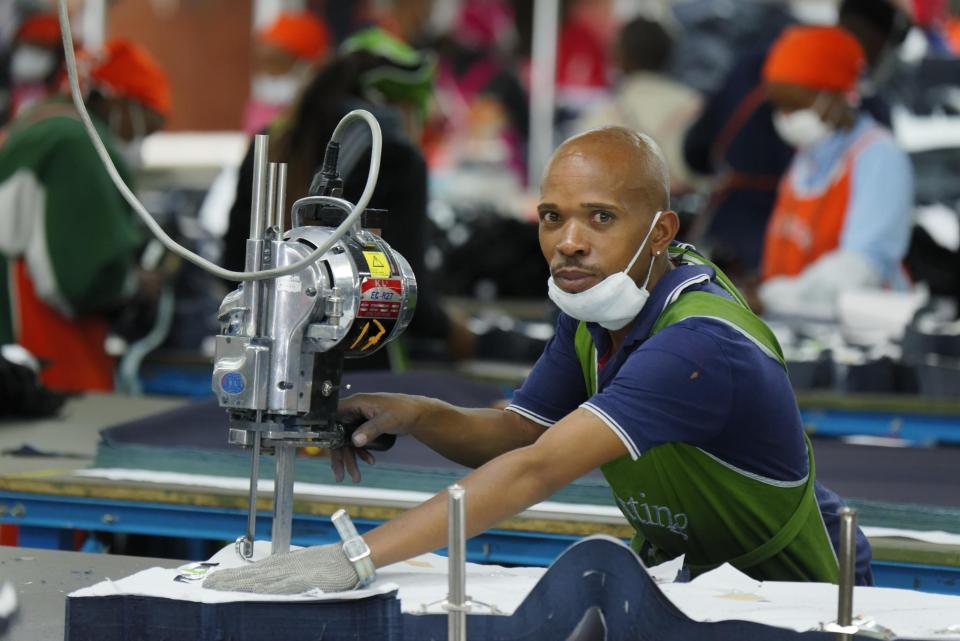Lesotho Technology Needs Assessment Stakeholders Workshop and Launch

Technology has become a catalyst in our day-to-day operations, especially in core sectors that drive the economy of each country. New and modified existing technologies form news headlines each day and those technologies include both what things are made of and how things are made. Technologies are mainly aimed to enhance human capabilities or enable humans to perform tasks they could only dream of without it. However, not all countries have access to or are able to deploy new technologies even if they wish to due to their limited resources. This keeps enlarging gaps between least developed countries and developed countries in terms of economy, health services, education, agriculture and energy.
The UN Technology Bank is mandated to build science, technology and innovation (STI) capacities in the least developed countries. The Technology Needs Assessment is one of the key programmes of the UN Technology Bank that assists least developed countries to identify technologies required to meet their national development aspirations. It helps the assessed country analyse barriers and challenges hindering the acquisition, deployment and diffusion of prioritized technologies.
The Government of Lesotho coordinated and completed its TNA through the Department of Science and Technology (DST) under the Ministry of Communications, Science and Technology (MCST). Lesotho became one of the least developed countries to score an opportunity to have the Technology Needs Assessment done across their key sectors through the engagement of key stakeholders.
The three-day event will include a stakeholder workshop that will bring key stakeholders who can assist in the implementation of the key recommendations of the report. Stakeholders include the UN agencies, the private sector, other government line Ministries, civil society organizations, and potential donors.
Specific Objectives:
- Learn from Institutions that have STI related interventions in Lesotho and see how partnerships can be forged for the implementation of common areas
- Select and prioritise a few projects that can already be implemented based on available capacities/resources
- Develop a plan for resource mobilization for some key areas that require urgent implementation
The Lesotho TNA report will be officially launched in the last day of the event.

